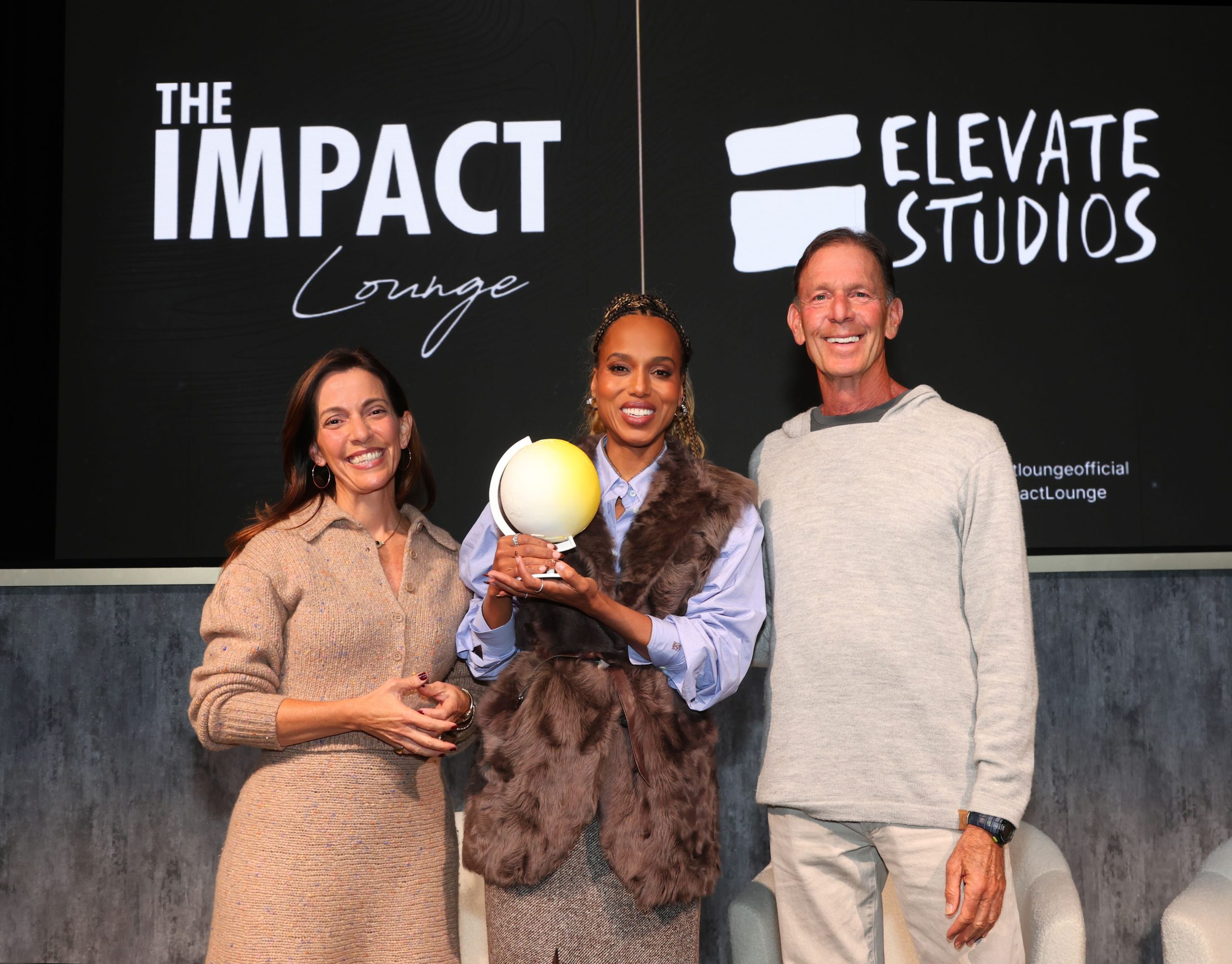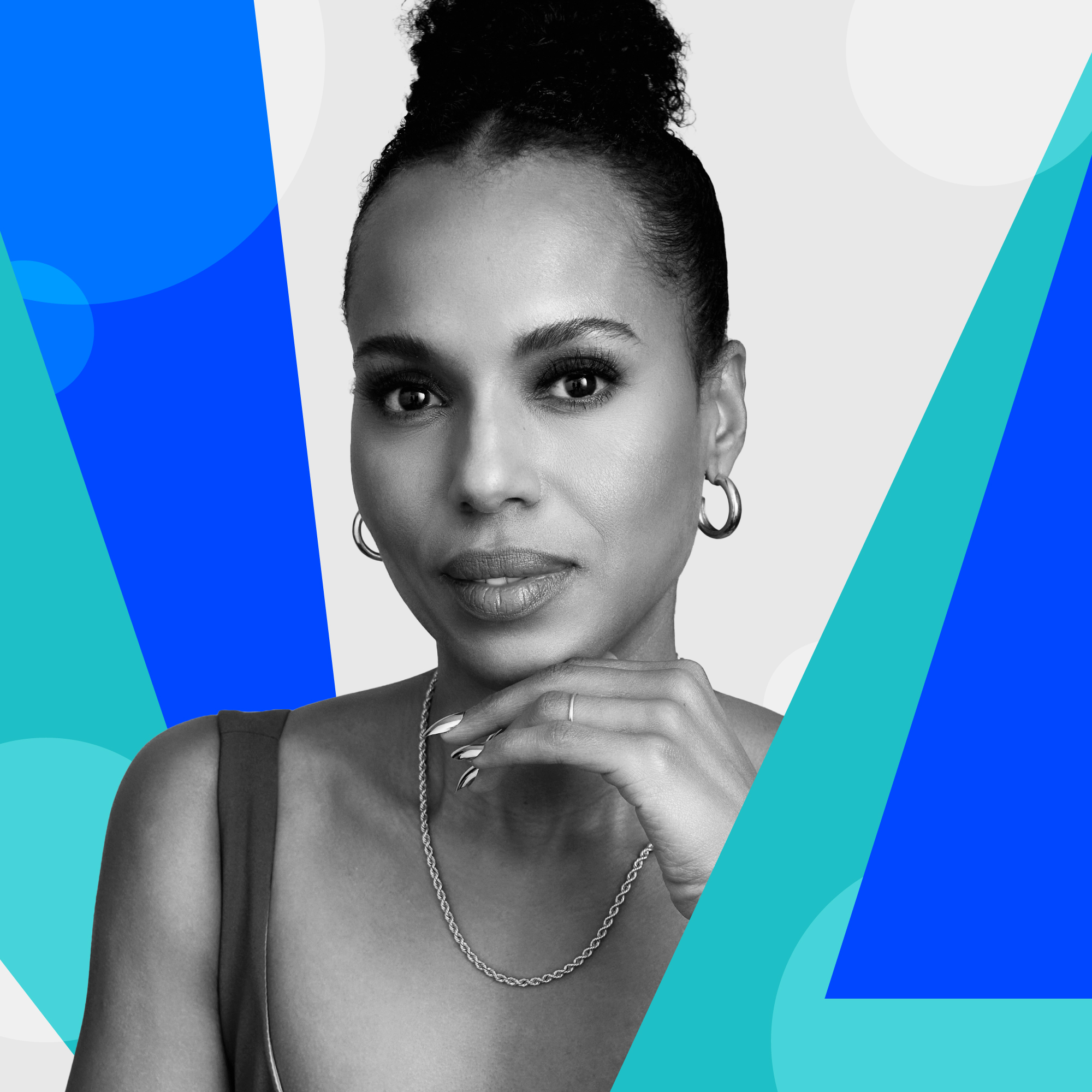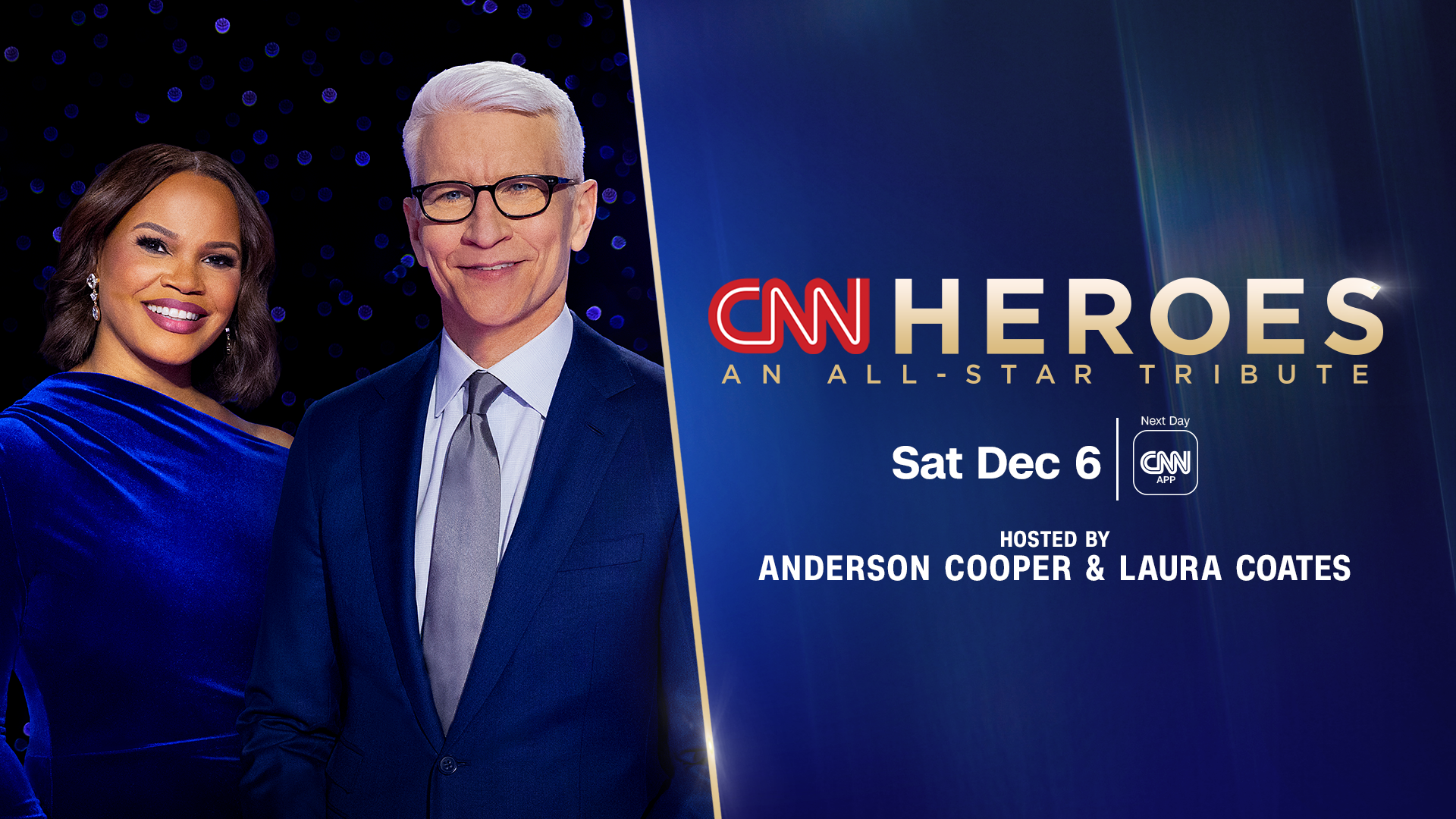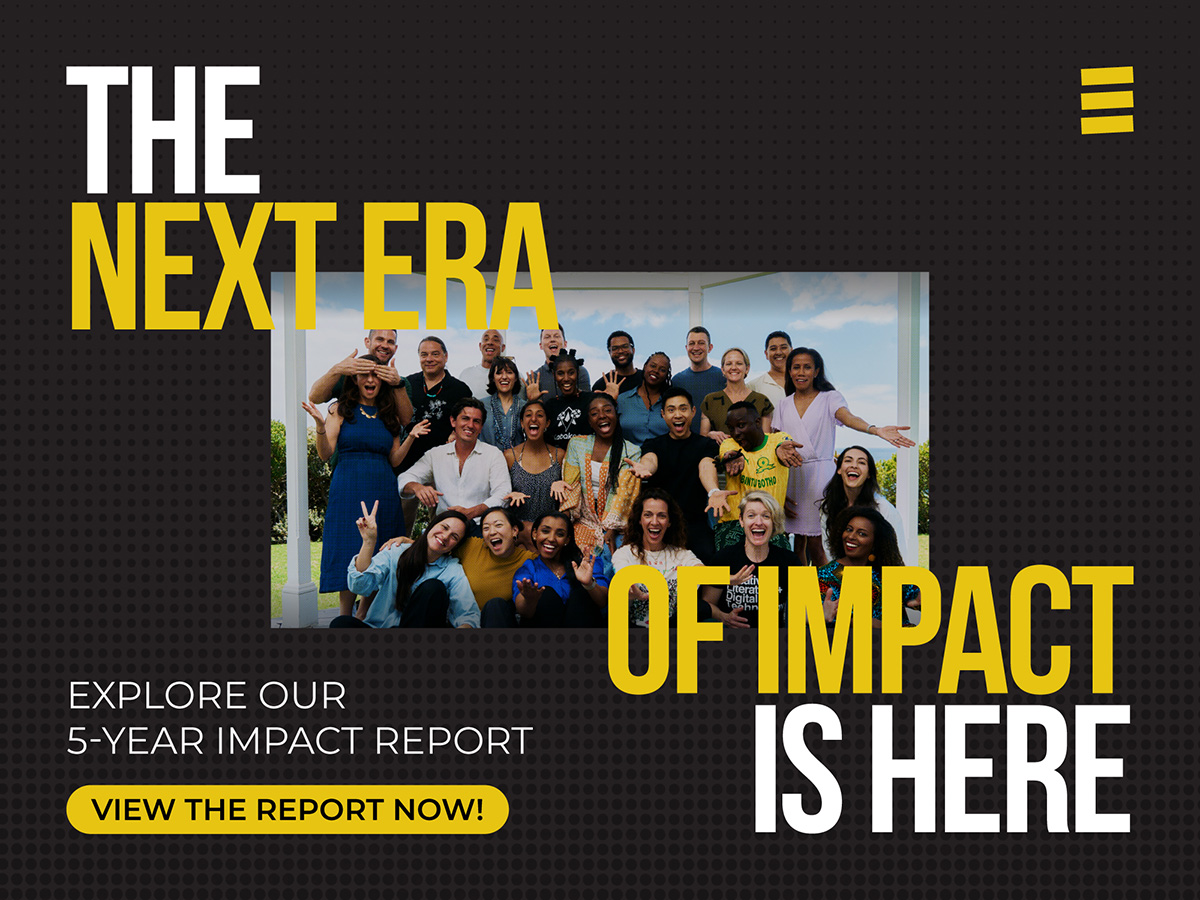This article was originally published on the Inside Philanthropy website.
On a Monday evening in early October, former Vice President Kamala Harris spoke to an audience of 650 Hollywood writers and execs, digital storytellers and leaders at A Day of Unreasonable Conversation, an annual summit held at theGetty Center high atop the Santa Monica Mountains in Los Angeles. “There is apowerful intention and force to divide the communities and the country, andmake people feel alone,” she said. “There is an agenda at play that is causingpeople to feel very disempowered. This is a room full of extraordinary, creativepeople who are opinion leaders. You have a pen, you have a voice, you have a platform.”
That platform is the driving force behind “Unreasonable Conversation,” co-organized by Propper Daley x BPI and Invisible Hand and designed to educate, inspire and challenge cultural creators to write honest, nuanced characters andstorylines that counter divisive narratives and thereby positively influence filmand television viewers. As the speakers pointed out, people are affected by theactions and values of friends and family, and this extends even to the parasocial,one-sided relationships we have with fictional characters on TV. “UnreasonableConversation” is a high-touch, high-profile narrative-change play supported bymore than a dozen partners, including Imaginable Futures, Omidyar Network,Stand Together, Carnegie Corporation of New York, Hilton Foundation, NewAmerica, and for the first time, the Elevate Prize Foundation and the Knight Foundation.
It’s also a lot of fun to attend. The long day felt energizing: the thrill of hearingnew ideas, the chance to connect in real time with Hollywood writers and execs,influencers and a range of leaders and activists sharing fascinating personalstories. There was also music by rapper Ruby Ibarra and songwriter/former 4 NonBlondes lead singer Linda Perry, along with comedy, cookies and lunch outsideon the terrace during what was otherwise the museum’s closed day.
Harris also shared some of her recent experiences and discussed her book,peppering her comments with her signature big guffaw. But the challenges facingour nation are no laughing matter. She pointed to the democracy-destroying roleplayed by places like the conservative think tank Heritage Foundation, and theoriginalism-promoting legal organization the Federalist Society, both backed byphilanthropy.
“I don’t envy some of the folks here who are in a situation where you are beingsubtly or maybe not even so subtly sent signals that now is not the time to speaka certain level of truth with a certain level of candor,” Harris said. “This moment,where there are so many lies and so much misinformation, the battle to tell thetruth is more profound than it’s ever been because the counter forces that arespreading this information are so rampant, and ubiquitous.”
Harris was joined onstage by WNBA player, Olympic gold medalist and advocateNapheesa Collier. Other conversationalists included entertainers, politicians,think tank staff and former professional wrestler turned WWE Chief ContentOfficer Paul “Triple H” Levesque. Most conversationalists were familiar or atleast appreciated by the largely liberal-leaning audience, including former WhiteHouse Press Secretary Karine Jean-Pierre, “Scandal” series actress and activistKerry Washington, and super popular British-Indian author and podcaster JayShetty. Washington, Pilar Savone, Greg Berlanti and Joseph Gordon-Levitt co-chaired the day, and comedian Atsuko Okatsuka served as host and comic interlude.
Other speakers were maybe less well known but still largely attitudinally aligned,such as online streamer/left wing political commentator Hasan Piker, TikTokjournalist Aaron Parnas, TikTok influencer Jake Shane, Todd Rose, author of“Collective Illusions,” and Elevate Prize winner Sean Sherman, who founded theindigenous food system nonprofit Natifs.
But some speakers were invited to push attendees past their comfort zone.Longtime Republican strategist Sarah Longwell, now publisher of theconservative news and opinion website The Bulwark, spoke on a panel withParnas, Piker and Jean-Pierre moderated by journalist Jessica Yellin, who is alsothe founder of the political podcast and social media brand News Not Noise.Brittany Hugoboom, the founder of the alt-right Evie Magazine and the cycle-syncing app 28, spoke on a panel about women’s roles with Muslim-AmericanYouTuber/influencer Nabela Noor and New America’s gender equity expert VickiShabo, moderated by award-winning journalist and author Liz Plank. Hugoboomshowed up in a long, red dress and inspired audible discomfort from the audiencefor her “trad wife” views, which she either holds or is perceived to hold, despitethe fact that she is, in fact, a successful entrepreneur.
Speakers covered a range of other topics: trust in media and lack thereof, societaldivision and how to come together, AI, men’s roles and struggles, food andconnection, and how to take control of the algorithm on your smartphone so itdoesn’t keep serving up content designed to inspire fear and loathing.
Genevieve Roth, the founder and president of Invisible Hand, the social impactand culture change agency that produced the event, said they took care tostructure the day in a way most likely to create an openness to new ideas. Earlypanels, for example, focused on how much social media has inflated a sense ofdivision. “The intention of the day is not to affirm your experience but, in someways, to challenge you. There’s everything that happens that makes sure thatroom is ready to receive content they’re not used to hearing,” she said. Much conversation I heard over the coffee urns and cookie trays during the day,and even over cocktails later, during the closing social hour, revolved aroundspeakers whose views pushed listeners, including “the woman in the red dress,”Hugoboom.
Can Hollywood and Instagrammers help save our democracy by showing storiesof human connection and acceptance, and pushing back against the negativity ofthe news and authoritarianism? That’s the hope.
“We always really wanted it to be a place for folks who are working on a project inreal time, a television show on the air or in production, or a digital creator whohas a show that’s live,” Greg Propper of Propper Daley x BPI (and an IP guestcontributor) told me later that week. “This audience is writing the script for theworld. If they don’t hear different perspectives, it’s impossible for them to writecharacters and stories with nuance, that can help shape the way that the rest ofthe population understands each other.”
But narrative change can be tricky to pull off for a handful of reasons, as IP’sPhilip Rojc outlined in 2024. For one thing, tragedy is an easier topic thantriumph when it comes to grabbing an audience’s attention quickly. And two,since so many people get their “news” and entertainment from ideologicallysiloed outlets, it can be hard to reach people with new ideas. Also, as IP EditorGarance Franke-Ruta reported last week, insider-y, change-focused language canmake people feel alienated or confused. The day was designed to challenge theserealities. Since its founding in 2019, interest has steadily grown from Hollywoodattendees. While they used to work hard to fill the room, people are nowclamoring to attend, said Propper.
The Elevate Prize, which gave $110,000 to help produce this year’s event, notonly offers annual, unrestricted grants to social entrepreneurs and visionaries,but also supports their projects through leadership development, peernetworking and media attention. As Elevate Prize CEO Carolina Garcia Jayaram told me after the event, in-person convenings like “Unreasonable Conversation”can be tremendously effective. “The ROI on this is a no-brainer for us. For theseleaders, the wall they hit is often growth. These events get our winners access. Itmakes a huge difference in terms of the opportunities they have,” she said.
Jayaram stressed the value of both storytelling and marketing for “Making GoodFamous,” as the foundation’s tagline puts it. “Philanthropy needs to meet themoment, the fact that most people are getting their news from social media, thatstorytelling is the zeitgeist. To change culture, you need storytelling,” she said.“You wouldn’t launch a lipstick without a social media campaign. How are yousupposed to launch a climate change initiative without that?”
Philanthropy plays a critical role in bolstering the intellectual depth of the event,said Propper, not only because a company with a product to sell would add acommercial tone, but also because people in the foundation world have a hugeamount of real knowledge, insight and connections. “I think it’s part of thereason the day is so powerful. These are people who spend every day reallyunderstanding the issues, doing the work on the ground, and talking about theseissues in ways that most of us wouldn’t know,” he said. “They are experts and canhelp us get smart and find the voices you saw on the stage.”
Narrative change may be slow acting, but ideally, it’s long lasting. At IP, we’vebeen writing about how politics are upstream of social change. As we’re seeingnow, the party in power can undo the most cherished victories of the sector. Butculture also is upstream of politics, as many of the day’s speakers eitherarticulated or intimated. Philanthropy should fund the work that reaches the populace where they live: in front of the screen.



